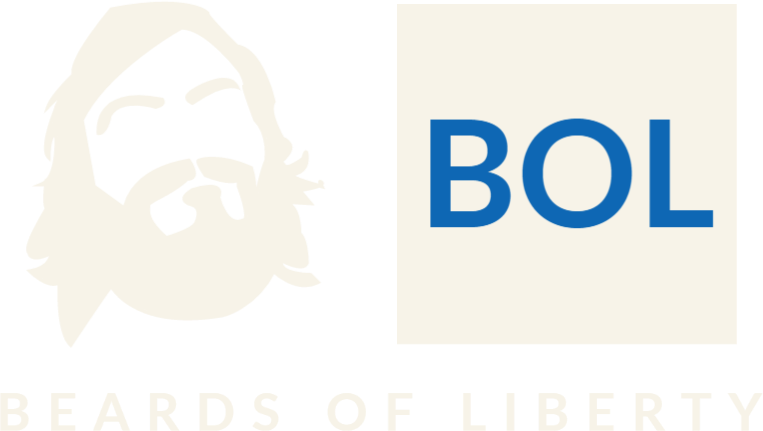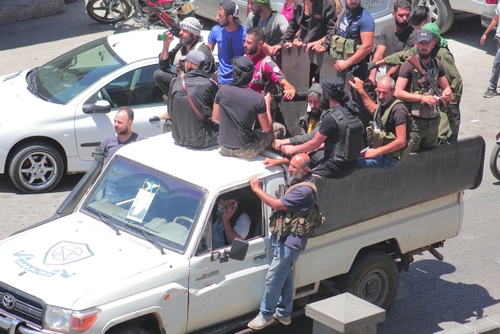El Salvador’s President Nayib Bukele has launched a hardline anti-gang campaign, resulting in mass arrests and controversial prison reforms. Despite its effectiveness in reducing gang violence, the initiative has sparked widespread criticism for its harshness and alleged human rights abuses.
The Anti-Gang Campaign
As part of his strategy to eradicate the country’s persistent gang problem, Bukele has heightened the government’s crackdown on suspected gang members since March 2022. His administration declared a state of emergency, suspending basic rights and granting police extensive powers to detain individuals believed to be affiliated with gangs. This policy has resulted in over 75,000 arrests, including suspected gang members and their relatives. As a consequence, El Salvador’s homicide rate has significantly dropped.
The new El Salvador mega prison has caused murder rates to drop by 57%. Should gang members who murderer have to give up their constitutional rights? pic.twitter.com/E2ICF2mzPB
— • ᗰISᑕᕼIᗴᖴ ™ • (@4Mischief) February 17, 2024
Human Rights Concerns
Despite some Salvadorans supporting Bukele’s tough stance on crime, the methods employed have raised serious concerns. Human rights organizations have reported numerous instances of arbitrary arrests, inhumane detention conditions, and even torture. Thousands have been released due to insufficient evidence, yet many innocent individuals remain incarcerated.
Impact on Marginalized Communities
The crackdown has particularly affected El Salvador’s poorest and most marginalized communities, where gang presence is most pervasive. Residents are living in fear of not only the gangs but also the police and soldiers who make arrests based on minimal suspicion. This climate of fear has driven some citizens to flee the country to avoid arbitrary detention.
El Salvador, more than 2,000 inmates accused of belonging to gangs transferred to mega-prison pic.twitter.com/O4ohS4sJxs
— X LIVE (@xlivenews2024) June 12, 2024
Personal Stories and Human Toll
Stories like Sandra Hernandez’s husband, a day laborer who was falsely accused of gang membership and died in custody under suspicious circumstances, highlight the human toll of the crackdown. Similarly, Maricela Mendez was wrongly imprisoned while pregnant and experienced severe mistreatment leading to lasting trauma for her family.
Public Opinion and Criticism
Despite these issues, Bukele’s policies remain popular among many Salvadorans who feel safer without the constant threat of gang violence. Critics argue that the social and economic costs coupled with the erosion of democratic norms and human rights may outweigh the benefits.
Strain on the Judicial System
The crackdown has also strained El Salvador’s judicial system and increased its incarceration rate to the highest in the world. Many detainees suffer from inadequate medical care and other basic necessities, further exacerbating their plight. Human rights advocates continue to call for more humane and just approaches to dealing with the country’s gang problem.
International Scrutiny
As El Salvador moves forward, the international community is closely monitoring whether Bukele’s hardline approach will lead to long-term peace and stability or further deepen the country’s social and political divides.
Source: Right Wing Insider


Leave a Comment